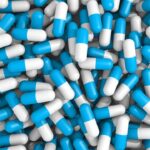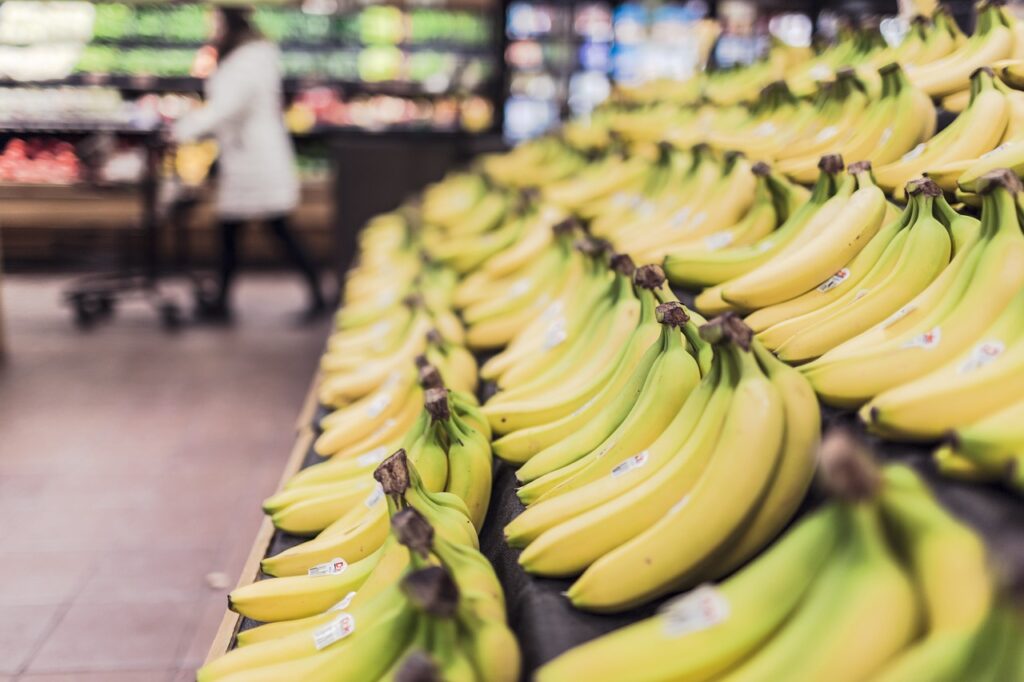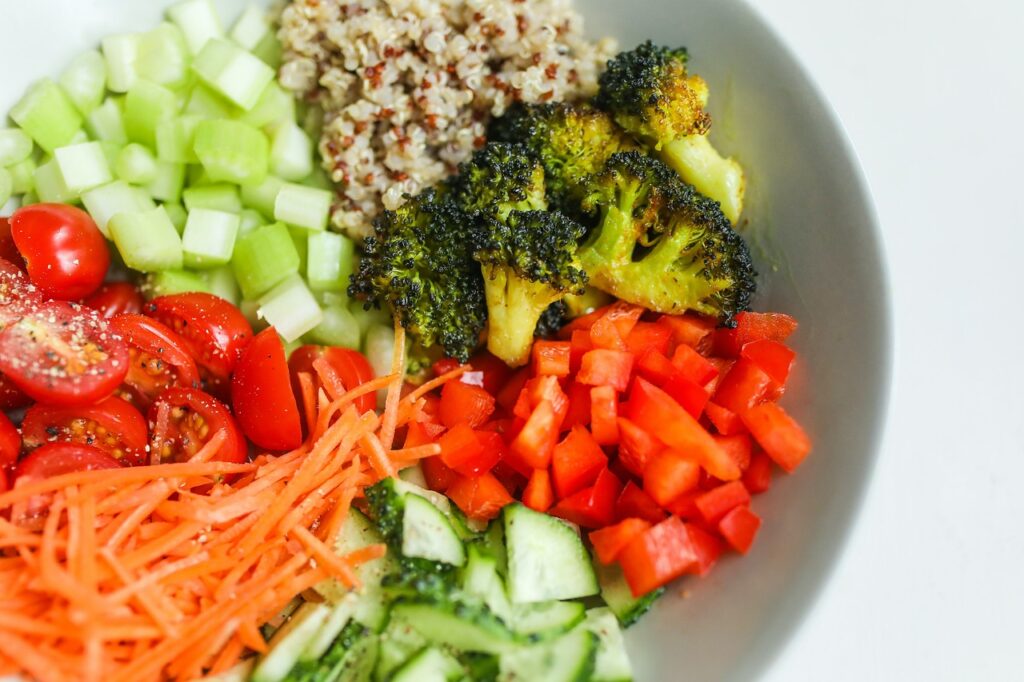A new trade proposal could raise the price of everyday medicine, starting with amoxicillin.
Parents have enough to worry about—medication costs shouldn’t be one of them. But a new trade proposal from the Trump administration may do just that.
The plan? Add tariffs to imported pharmaceuticals as part of a national security review. That might sound far removed from daily life, but many of the most commonly used drugs in American households—like amoxicillin, acetaminophen, and children’s ibuprofen—are imported or made using ingredients sourced overseas.
And if tariffs go into effect, the next time your child needs antibiotics or an inhaler, you might pay more—or face a shortage.
What Are These Drug Tariffs About, Anyway?
In April, the U.S. government launched an investigation under Section 232—a law that allows the president to impose trade restrictions if imports are deemed a national security threat. This time, the target is pharmaceuticals.
But unlike steel or computer chips, medicine affects families every day. And while the proposal is aimed at boosting domestic production, health experts and industry leaders warn it could backfire for patients—especially kids.
Why Amoxicillin Is in the Crosshairs
If your child has ever had an ear infection or strep throat, there’s a good chance they were prescribed amoxicillin. It’s one of the most trusted and widely used antibiotics in the country.
But most amoxicillin—and the active ingredients used to make it—are not made in the U.S. They’re often produced in countries like India or China. That makes them vulnerable to trade disruptions.
If tariffs are placed on those imports, pharmacies could face higher costs, and those prices often get passed on to families. In some cases, essential medicines may be harder to find at all.
Real-World Effects on Families
Tariffs might sound like an abstract policy tool—but they could have real, frustrating consequences at your neighborhood pharmacy.
You could experience:
- Price hikes at the pharmacy counter, especially for uninsured or high-deductible plans
- Medicine shortages for trusted drugs like amoxicillin, ibuprofen, or albuterol
- Switches to unfamiliar alternatives, which may not work as well for your child
- Longer waits to fill prescriptions when supplies run low
Many generic drugs—used daily by millions—are vulnerable, including those relied on by pregnant women, infants, and people with chronic conditions.
Everyday Drugs You Might Lose to Tariffs
Imports or foreign ingredients could make these staples more expensive:
- Amoxicillin – antibiotic for kids’ infections
- Ibuprofen – common pain reliever
- Albuterol – inhaler for asthma
- Acetaminophen – fever reducer
- Eye drops and ointments – for pink eye and skin conditions
Is There a Smarter Way to Protect Supply?
Experts aren’t against securing our drug supply. In fact, many agree the U.S. should reduce reliance on a few foreign suppliers. But they say tariffs are the wrong tool for the job.
Here’s what industry leaders and public health experts suggest instead:
- Target only high-risk imports, like ingredients from adversarial countries
- Build more U.S. capacity using incentives and partnerships
- Keep trusted allies close—like the EU, which supplies over half of U.S. drug imports
- Avoid disrupting access to medicines people need today
As one trade group put it, “Raising costs doesn’t make us stronger—it makes families more vulnerable.”
The Bottom Line
When antibiotics, fever meds, or asthma inhalers become a political football, it’s families who feel it first.
The goal of boosting U.S. manufacturing is a worthy one. But experts say it should be done carefully—not by placing everyday drugs out of reach.
If your child’s next prescription costs more, this trade policy may be to blame.








